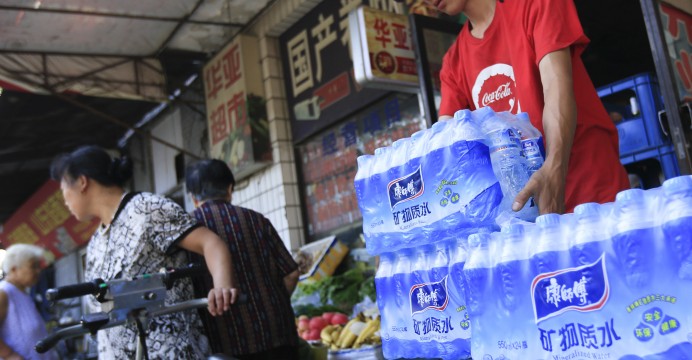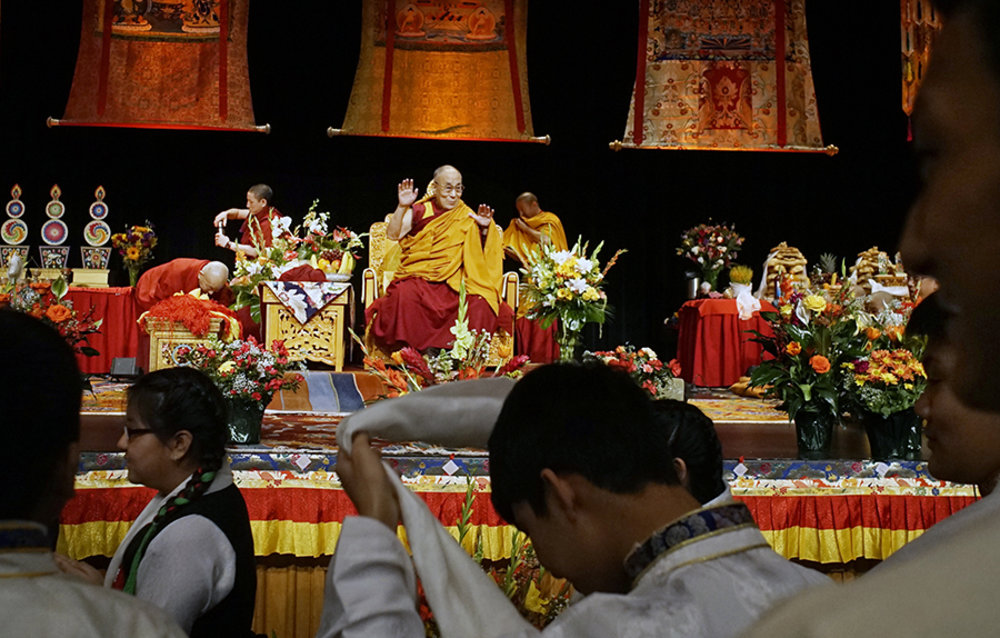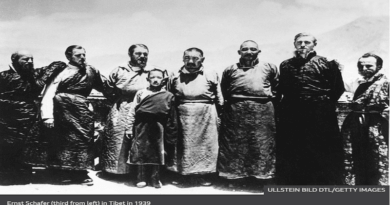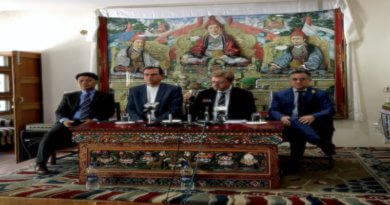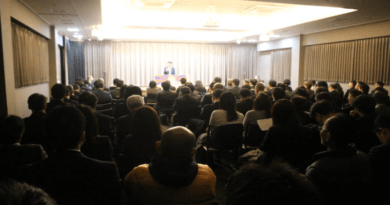Taiwan urges Tibetan exile leader and Uighur activist to stay away, supporters say
By Ralph Jenning, Los Angeles Times | February 19, 2016
Taiwanese authorities asked a close ally of the Dalai Lama, as well as a U.S.-based activist for China’s Uighur minority, not to attend a forum on religious freedom in Taipei this week because their presence might irritate mainland China’s Communist leaders, the event’s sponsors say.
U.S.-based representatives of Taiwan’s government persuaded Uighur activist Rebiya Kadeer and Lobsang Sangay, prime minister of Tibet’s Buddhist government in exile in India, not to apply for visas in December, said Bob Fu, the founder of China Aid, an American nonprofit that is co-sponsoring the forum.
“To talk about China’s religious freedom situation, if you don’t mention the Tibetan and Uighur minorities, a discussion of religious freedoms is incomplete,” Fu said from the forum in Taipei, which opened Thursday with 99 participants from 26 countries. “The whole application process feels political.”
Beijing regards representatives of the Tibetan government in exile and Kadeer as separatists, and routinely pressures other countries not to host or meet with them.
Taiwan’s Foreign Ministry and immigration agency said they had no information about what their offices in the United States might have told potential visa applicants. “We have no way to comment; all we do is process the visas,” a National Immigration Agency spokesperson said.
Though Tibet and the Uighur homeland of Xinjiang are under control of mainland Chinese authorities, Taiwan has had de facto independence from mainland China since 1949. But Beijing still claims sovereignty over the island. The commonalities among these three contested regions have sparked significant interest in Taiwan about figures such as Kadeer and Sangay.
But outgoing Taiwanese President Ma Ying-jeou, who is leaving office in May after eight years, has tried to foster closer ties with Beijing after six decades of icy hostilities.
The Dalai Lama retired as head of the Tibetan government in exile in 2011, giving up leadership to the democratically elected Sangay. The Dalai Lama abandoned calls for Tibetan independence in 1979, embracing instead a “middle way” in which Tibetans would enjoy autonomy and freedom of religion and speech under Chinese rule.
Kadeer, meanwhile, has taken a similar stance, speaking out on human rights issues in Xinjiang and campaigning for self-determination for the largely Muslim region.
Many Uighurs and Tibetans say Chinese officials restrict their religious practices as well as their language and customs.
In early February, a foundation in Taipei representing the Dalai Lama said it too was told by Taiwanese officials that Sangay should avoid this week’s forum.
“Taiwan is in a tough spot because of pressure from China, that’s the reason,” said Bari Dawa Tsering, director of the Religious Foundation of His Holiness the Dalai Lama. He declined to say which agency gave the word.
“Of course we hoped Sangay could do this. But Taiwan is small and right next to China, so their stance is not to add any new trouble,” he said.
Shortly after Ma took office, the Dalai Lama visited Taiwan in 2009 to console survivors of a typhoon that sparked serious mudslides and killed about 700 people. China warned Taiwan then that the visit could damage relations, but the two sides put the matter behind them on the way to signing a series of landmark economic pacts.
Kadeer was invited to Taiwan later that year by a musician but denied entry.
This time, Kadeer was rejected along with Dolkun Isa, a Uighur activist who escaped China in 1997 and is now a German citizen.
Ma’s Nationalist Party administration “fears that to let Dolkun Isa and Rebiya Kadeer enter Taiwan will affect the understanding it has reached with Beijing,” Dilxat Rexit, a spokesman for the World Uyghur Congress, said Friday.
Ma’s Nationalist Party roundly lost elections in January, and in May he will be replaced by Tsai Ing-wen of the Democratic Progressive Party.
“Beijing’s adding of pressure has had the result of refusing them entry, and proves that Taiwan’s policy depends on Beijing’s complexion,” he added. “I hope in the future the Democratic Progressive Party government can reject Beijing.”
Jennings is a special correspondent.

